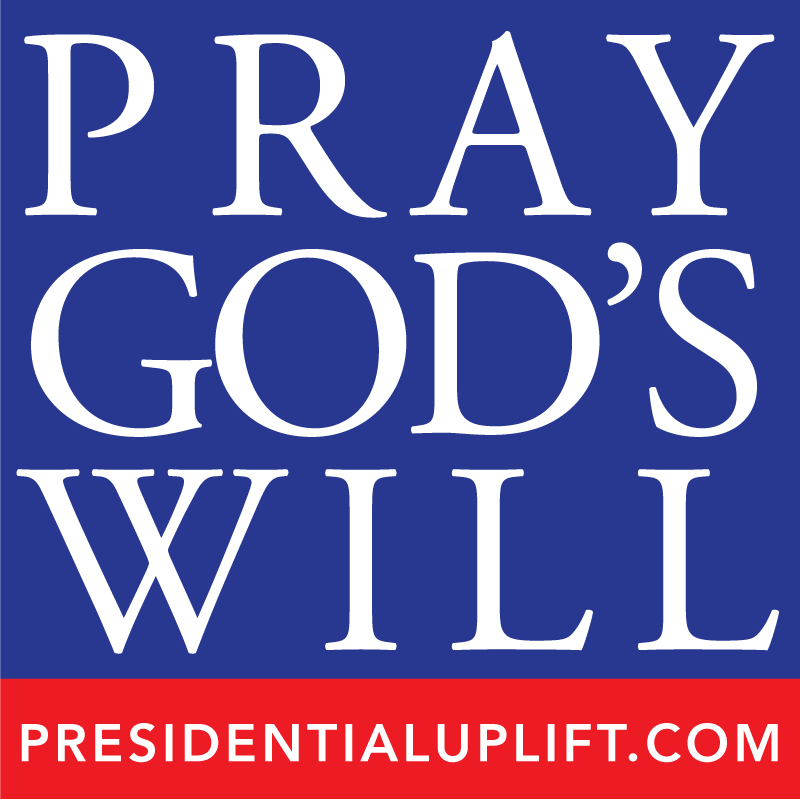.02
Ronald Reagan speeches
the role of government &
We the people tell the government what to do
Reagan’s First Inaugural:
“Government is not the solution to our problem; government is the problem.”
Courtesy of the Heritage Foundation
January 20, 1981
Ronald Reagan’s First Inaugural Address urges Americans to recall the achievements of the American Founders, in particular their confidence in self-government and individual freedom. Against liberalism’s reliance on bureaucracy, Reagan insists that “government is the problem” and that ordinary Americans should be recognized as heroes. He allows the very setting of the Inauguration—for the first time on the west side of the Capitol, facing the monuments—to honor the Founders before his audience.
For an America beset by economic woes and a vacillating foreign policy, Reagan exudes a confidence in the people exercising their freedom to revive America. He draws on the strengths of earlier inaugural addresses—including the bipartisanship of Thomas Jefferson, the resolve of Abraham Lincoln, and the confidence of Franklin Roosevelt. Reagan takes great care to emphasize the achievements and responsibility of “‘We the people.’ This breed called Americans.” Against FDR, he uses his confidence in Americans to take power out of Washington and return it to the states and the people.
Reagan presents himself as a follower of the Constitution. “Our Government,” he emphasizes, “has no power except that granted it by the people. It is time to check and reverse the growth of government which shows signs of having grown beyond the consent of the governed.” The old Constitution, with its restraints and emphasis on limited government, allows individual freedom to work for the common good. “In this present crisis, government is not the solution to our problem; government is the problem.”
Reagan strikes at the heart of the Progressive-liberal conceit: “From time to time we’ve been tempted to believe that society has become too complex to be managed by self-rule, that government by an elite group is superior to government for, by, and of the people. But if no one among us is capable of governing himself, then who among us has the capacity to govern someone else?” Reagan recapitulates the Founders’ teaching on liberty, equality, consent, and self-government in these two eloquent sentences.
Today, acting in the spirit of the revolutionary generation means America should remain an “exemplar of freedom” for those without it. “Above all we must realize that no arsenal or no weapon in the arsenals of the world is so formidable as the will and moral courage of free men and women.” Americans not only have rights, they have responsibilities. Reagan connects American exceptionalism and the attitude of ordinary Americans in his moving quotation from the diary of a hitherto obscure American casualty of World War I, Martin Treptow, who wrote “I will fight cheerfully and do my utmost, as if the issue of the whole struggle depended on me alone.”
Even when Reagan notes the monuments to the great Presidents he cites Washington’s humility and Lincoln’s life, an allusion to his humble origins. In the spirit of the American Founders, Reagan affirms “I believe God intended for us to be free” and proposes that inauguration day “should be declared a day of prayer.”
It is for such a people—heroic yet humble, revolutionary but religious—that Reagan vows to transform the federal government, fighting cheerfully and at his utmost.
